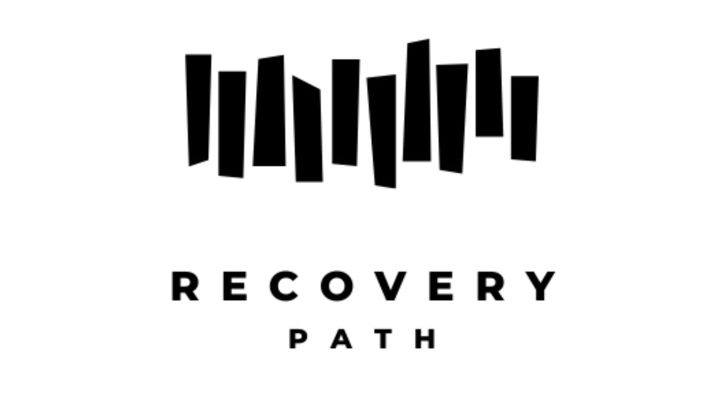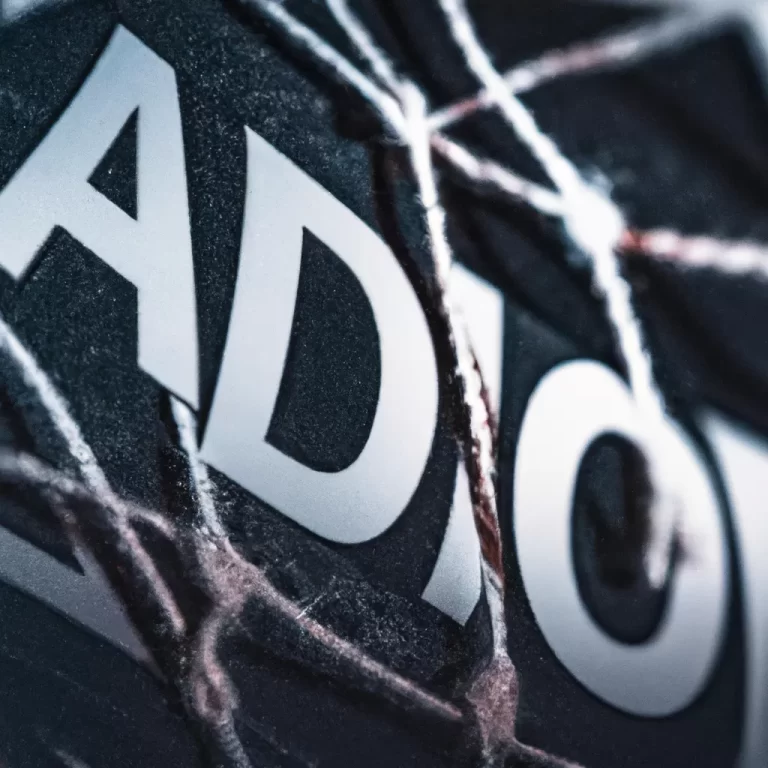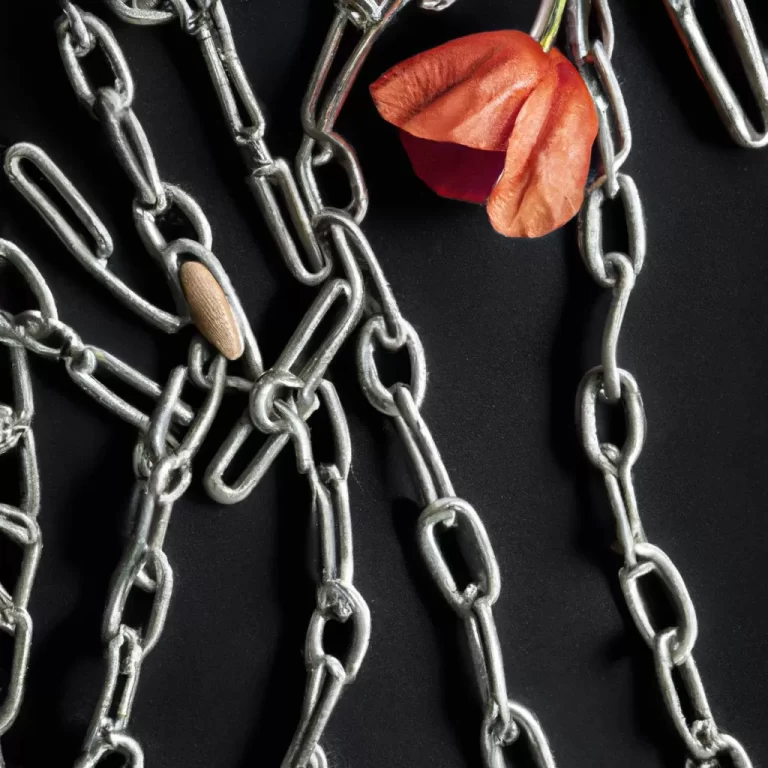5 Shocking Signs of Opiate Addiction: Why You Can't Ignore Them & How to Take Control
###
Opiate addiction is a serious and widespread problem that can have devastating effects on individuals and their loved ones. Recognizing the signs of opiate addiction early on is crucial for getting the help needed to overcome this dangerous condition. Here are five shocking signs of opiate addiction that you cannot afford to ignore, along with actionable steps on how to take control of the situation.
1. **Increased Tolerance and Dependence**
One of the first signs of opiate addiction is an increased tolerance to the drug. This means that over time, the individual needs higher doses of opiates to achieve the same effects. Dependence often follows closely behind, where the person experiences withdrawal symptoms when they stop using the drug. These symptoms can range from mild discomfort to severe pain and cravings, making it incredibly challenging to quit without professional help.
2. **Social Withdrawal and Isolation**
Another shocking sign of opiate addiction is social withdrawal and isolation. Individuals struggling with opiate addiction may start to distance themselves from friends and family members, preferring the company of their drug of choice over meaningful relationships. This isolation can worsen the addiction cycle, as the individual becomes increasingly disconnected from sources of support and encouragement.
3. **Neglecting Responsibilities and Obligations**
Opiate addiction can lead to a neglect of responsibilities and obligations in all areas of life. Whether it’s missing work or school, neglecting household chores, or failing to meet financial commitments, addiction takes priority over everything else. This behavior can have serious consequences, including job loss, financial ruin, and strained relationships with loved ones.
4. **Physical and Psychological Changes**
As opiate addiction progresses, individuals may experience significant physical and psychological changes. Physical signs can include weight loss, changes in appetite, and a decline in personal hygiene. Psychologically, individuals may exhibit mood swings, irritability, anxiety, and depression. These changes can impact every aspect of a person’s life, making it difficult to function normally without the drug.
5. **Engaging in Risky Behaviors**
One of the most shocking signs of opiate addiction is the propensity to engage in risky behaviors to obtain more of the drug. This can include stealing, lying, or engaging in illegal activities to feed the addiction. The desperation to avoid withdrawal symptoms and satisfy cravings can drive individuals to make dangerous choices that put themselves and others at risk.
Taking Control: How to Overcome Opiate Addiction
If you or someone you know is struggling with opiate addiction, it’s essential to take action to regain control of your life. Here are some steps you can take to overcome opiate addiction and start on the path to recovery:
1. **Seek Professional Help**: Reach out to a healthcare provider or addiction specialist for guidance on treatment options, including therapy, medication-assisted treatment, and support groups.
2. **Build a Support System**: Surround yourself with friends, family members, and professionals who can provide encouragement, understanding, and accountability throughout the recovery process.
3. **Develop Healthy Coping Mechanisms**: Learn healthy ways to cope with stress, pain, and other triggers that may lead to relapse. This could include mindfulness practices, exercise, hobbies, or creative outlets.
4. **Create a Structured Routine**: Establish a daily routine that includes healthy habits such as regular exercise, nutritious meals, and sufficient sleep. Structure can help you stay focused and motivated on your recovery journey.
5. **Stay Committed to Recovery**: Recovery from opiate addiction is a lifelong journey that requires commitment, dedication, and perseverance. Stay focused on your goals and celebrate small victories along the way.
Conclusion
Opiate addiction is a complex and challenging condition that requires attention and intervention to overcome. By recognizing the signs of opiate addiction and taking proactive steps to address them, individuals can regain control of their lives and work towards a healthier, drug-free future. Remember, you are not alone in this journey, and there is help available to support you every step of the way. Take the first step towards recovery today and reclaim your life from the grips of opiate addiction.







